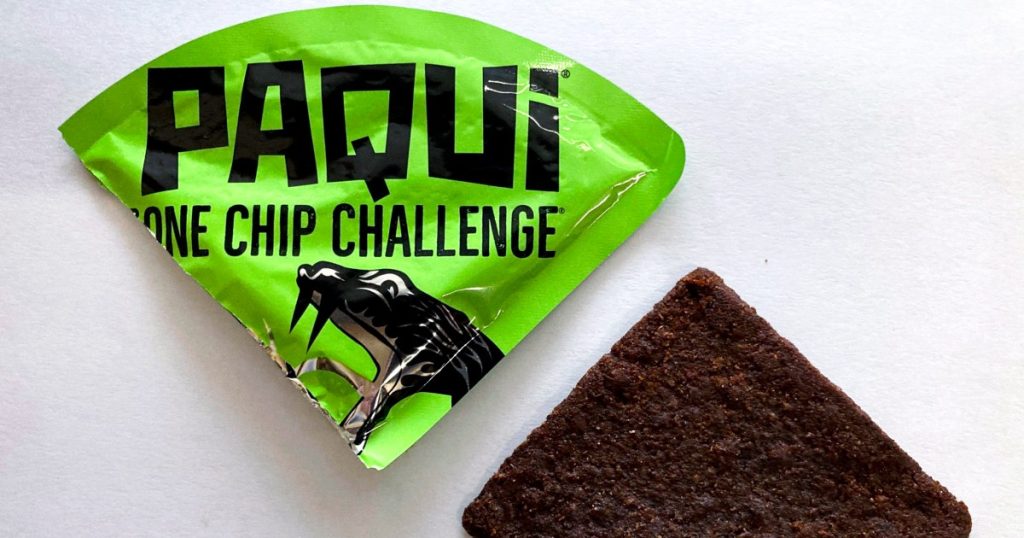The death of a Massachusetts teenager, Harris Wolobah, after consuming an extremely spicy tortilla chip may lead to increased scrutiny of the ingredient responsible for the heat, capsaicin. Wolobah collapsed and died from cardiopulmonary arrest after ingesting a chip packed with capsaicin, marketed as the “One Chip Challenge” by Paqui. The chip was later removed from shelves following his death. Dr. Stuart Berger of Lurie Children’s Heart Center in Chicago highlighted the lack of research on capsaicin’s effects on children and stated that Wolobah’s death may prompt further investigation into the matter.
Ed Currie of the PuckerButt Pepper Company noted that there is now more attention on capsaicin in the food industry following Wolobah’s death. The incident may also lead to changes in the marketing of very spicy foods to ensure they are not consumed by those who may be sensitive to spicy foods or have underlying health conditions. The labeling of such products may need to be adjusted to prevent similar tragedies from occurring in the future.
Wolobah’s mother expressed her grief over the loss of her son and recounted the events leading up to his death, including his visit to the school nurse with a stomach ache and subsequent collapse at home. The chip he consumed was seasoned with the Carolina Reaper and Naga Viper peppers, two of the hottest peppers in the world. The extreme spiciness of these peppers is measured on the Scoville scale, with the Carolina Reaper scoring around 1.7 million Scoville heat units.
Currie emphasized that hot sauce products like the Carolina Reaper are not marketed towards children and that challenges like the “One Chip Challenge” are not recommended. He also highlighted the importance of informing consumers about the intense heat levels of such products and ensuring that they are aware of the risks involved. The Paqui chip challenge encouraged participants to post pictures of their blue tongues on social media after consuming the chip, showcasing their ability to endure the intense burning sensations.
The tragic death of Wolobah has raised concerns about the effects of capsaicin on individuals with underlying health conditions, particularly children and adolescents. Dr. Berger warned that capsaicin-based products could potentially lead to chest pain and other serious health issues for those with heart defects or other medical problems. The incident has also prompted a reevaluation of how such spicy products are marketed and labeled to prevent similar incidents from occurring in the future.
In response to Wolobah’s death, Paqui stated that the challenge was intended for adults only but acknowledged an increase in teen usage of the product. The company has since removed the chip from shelves in light of the tragedy. The incident serves as a reminder of the potential risks associated with consuming extremely spicy foods and the need for greater awareness and caution when it comes to these products.


